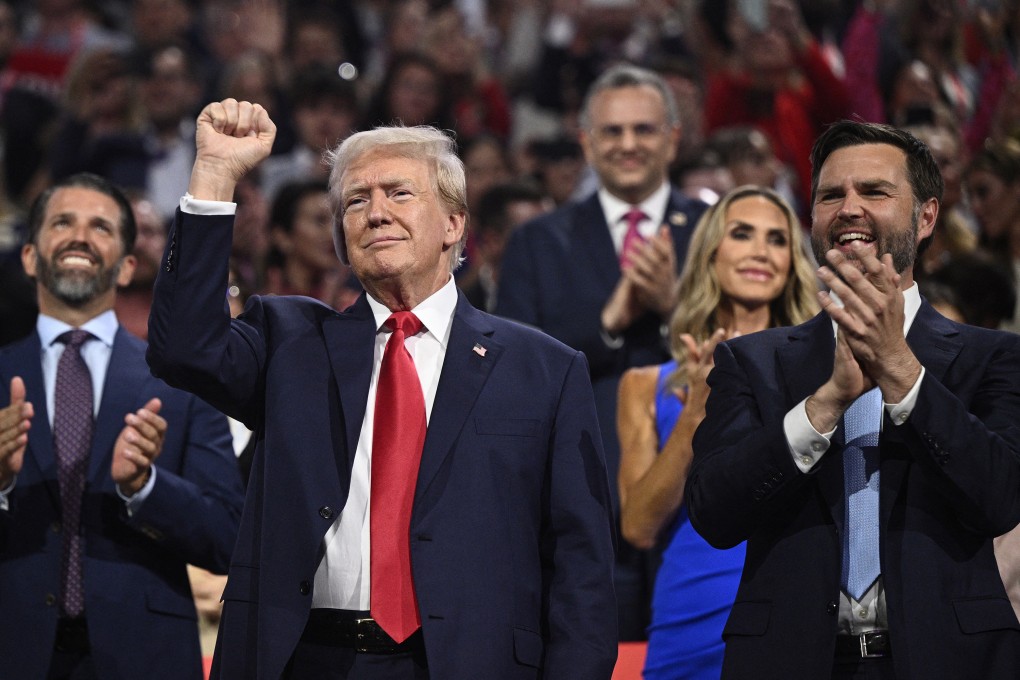Advertisement
Opinion | Trump’s tariffs won’t tackle the US deficit that really matters
- Far more pressing than the trade deficit is the government’s budget deficit and rapid debt accumulation, which truly risk America’s future
Reading Time:4 minutes
Why you can trust SCMP
3

Former US president Donald Trump wrongly believes America’s trade deficit is an urgent economic problem. Worse, his preferred corrective – wide-ranging import tariffs – would damage the US and world economies, while diverting attention from the US deficit that matters.
The external trade balance is what a country earns from exports minus what it spends on imports. Last year, the US trade deficit was nearly 3 per cent of its gross domestic product. For comparison, the trade deficit averaged 2.82 per cent of GDP during president Barack Obama’s second term and 2.78 per cent over the subsequent three years of Trump’s administration. It then swelled during the pandemic before returning close to pre-pandemic levels.
A common intuition is that tariffs reduce the trade deficit by inducing people to import less. But this ignores that across-the-board tariffs (like what Trump has proposed) will affect much else in the economy.
A better way to think about the trade balance is as the difference between everything we produce and sell throughout the world, which is our GDP, and everything we buy. When our purchases exceed our sales, that difference is our trade deficit. Thus, tariffs shrink the deficit only if they raise production or induce households, businesses and the government to cut consumption and investment.
Without more investment, which would increase the deficit, production would increase only if unemployed or discouraged workers come off the sidelines. Tariff advocates – like Republican vice-presidential nominee J.D. Vance – believe tariffs make this happen. They reason that more and better jobs will be available if the United States produces more of the goods it now imports.
Yet in an economy near full employment (according to conventional measures), this is a big leap of faith, reminiscent of the unfulfilled promises of supply-side economics.

Advertisement
